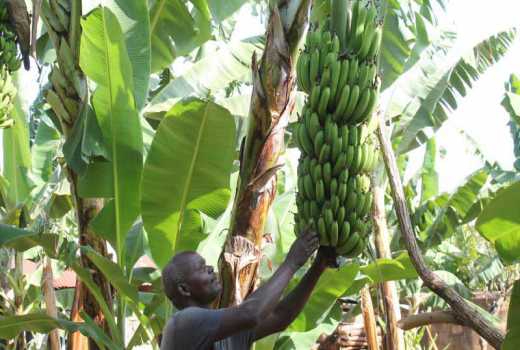×
The Standard e-Paper
Stay Informed, Even Offline

When Meru County is mentioned, the name that pops to mind is miraa or khat, not banana.
Actually in Kenya, banana has been synonymous with Kisii County but now the tables are turning and Meru is proving to be a home of bananas.